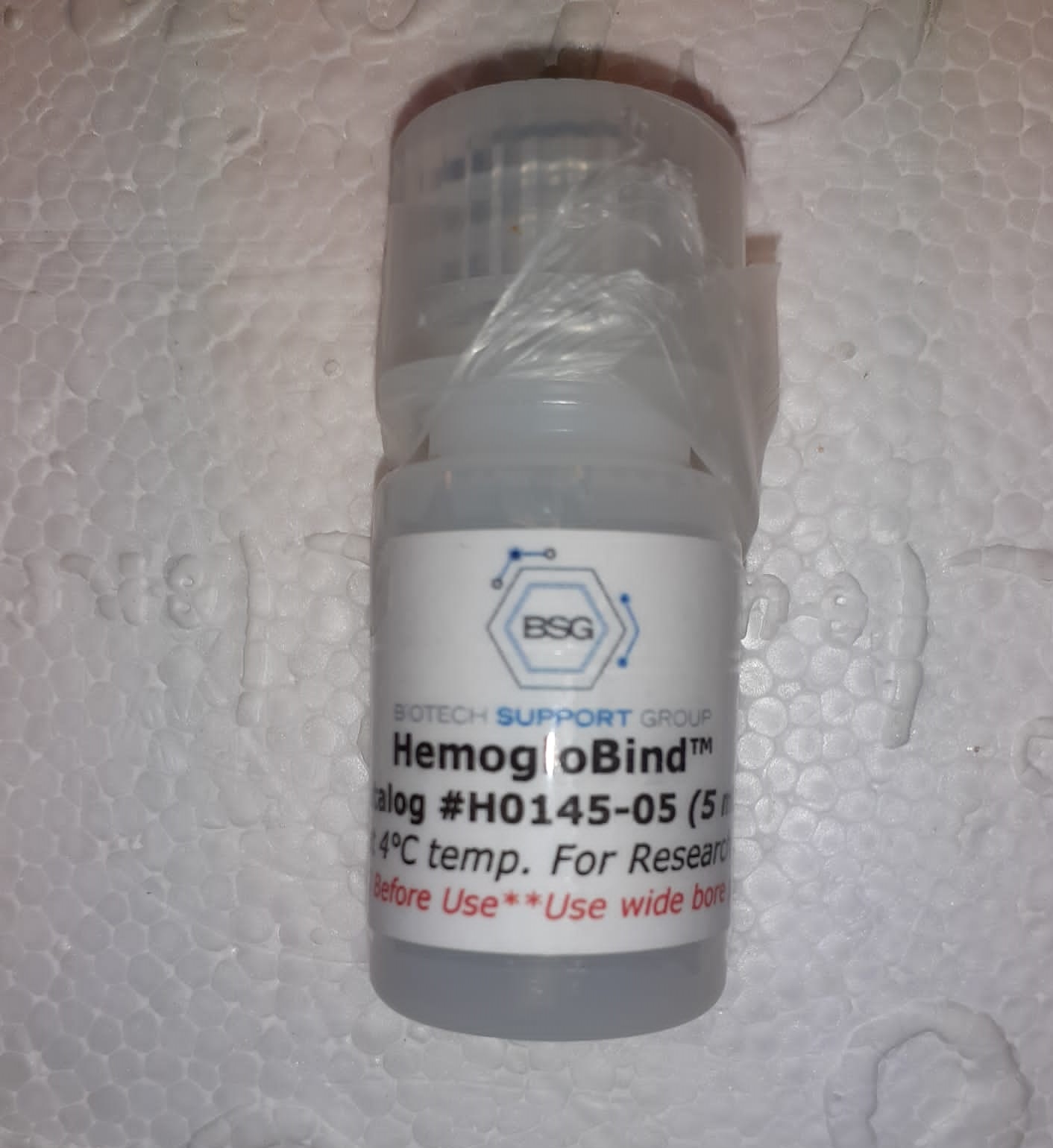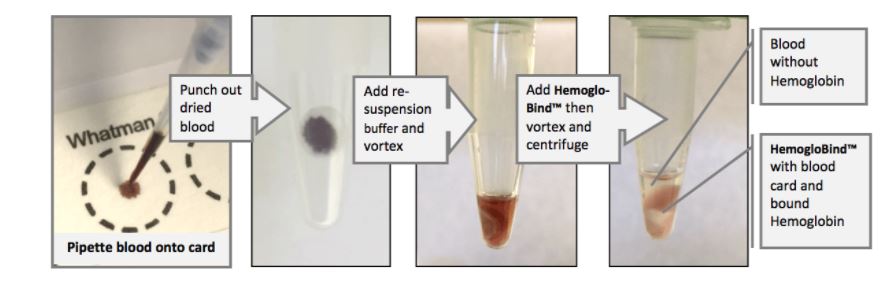Hemoglobin is a protein in High Hemoglobin Count

Lifestyle factors that can cause a high hemoglobin count include:
- Smoking cigarettes
- Living at a high altitude
- Taking performance-enhancing drugs such as anabolic steroids (for example, synthetic testosterone) or erythropoietin.
What is a high hemoglobin count?
Hemoglobin is a protein in red blood cells that helps blood carry oxygen throughout the body. (Hemoglobin contains iron, which gives blood its red color.) The hemoglobin count is an indirect measurement of the number of red blood cells in your body. When the hemoglobin count is higher than normal, it may be a sign of a health problem.
Normal hemoglobin counts are 14 to 17 gm/dL (grams per deciliter) for men and 12 to 15 gm/dL for women. Hemoglobin levels depend on many factors, including age, race, gender and the general health of the person.
Hemoglobin is usually measured as part of a complete blood count (a routine blood test), along with hematocrit (the percentage of the blood that is made up of red blood cells), to help diagnose medical conditions and learn more about the person’s health.
What can cause a high hemoglobin count?
Many factors can affect the hemoglobin level. Sometimes a high hemoglobin count is the result of lifestyle or a side effect of taking medication.
Medical conditions that can cause high hemoglobin levels include:
- Polycythemia vera (the bone marrow produces too many red blood cells)
- Lung diseases such as COPD, emphysema or pulmonary fibrosis (lung tissue becomes scarred)
- Heart disease, especially congenital heart disease (the baby is born with it)
- Kidney tumors
- Dehydration (from diarrhea or lack of fluids)
- Hypoxia (low blood oxygen levels)
- Carbon monoxide exposure (usually related to smoking)

Abstract
Iron deficiency anaemia (IDA) is a major cause of morbidity and burden of disease worldwide. It can generally be diagnosed by blood testing and remedied by iron replacement therapy (IRT) using the oral or intravenous route. The many causes of iron deficiency include poor dietary intake and malabsorption of dietary iron, as well as a number of significant gastrointestinal (GI) pathologies. Because blood is iron-rich it can result from chronic blood loss, and this is a common mechanism underlying the development of IDA—for example, as a consequence of menstrual or GI blood loss.
Approximately a third of men and postmenopausal women presenting with IDA have an underlying pathological abnormality, most commonly in the GI tract. Therefore optimal management of IDA requires IRT in combination with appropriate investigation to establish the underlying cause. Unexplained IDA in all at-risk individuals is an accepted indication for fast-track secondary care referral in the UK because GI malignancies can present in this way, often in the absence of specific symptoms. Bidirectional GI endoscopy is the standard diagnostic approach to examination of the upper and lower GI tract, though radiological scanning is an alternative in some situations for assessing the large bowel. In recurrent or refractory IDA, wireless capsule endoscopy plays an important role in assessment of the small bowel.
 Hemoglobin | |||
| MBS635204-5x100g | MyBiosource | 5x100g | EUR 4700 |
 Hemoglobin | |||
| MBS319667-1mg | MyBiosource | 1mg | EUR 615 |
 Hemoglobin | |||
| MBS319667-5x1mg | MyBiosource | 5x1mg | EUR 2595 |
 Hemoglobin | |||
| MBS319671-1mg | MyBiosource | 1mg | EUR 545 |
 Hemoglobin | |||
| MBS319671-5x1mg | MyBiosource | 5x1mg | EUR 2285 |
 Hemoglobin | |||
| MBS319953-01mg | MyBiosource | 0.1mg | EUR 540 |
 Hemoglobin | |||
| MBS319953-5x01mg | MyBiosource | 5x0.1mg | EUR 2255 |
 Hemoglobin | |||
| MBS8533401-01mg | MyBiosource | 0.1mg | EUR 325 |
 Hemoglobin | |||
| MBS8533401-5x01mg | MyBiosource | 5x0.1mg | EUR 1320 |
 Rat Glycosylated Hemoglobin/Hemoglobin A1c ELISA Kit | |||
| MBS763577-10x96StripWells | MyBiosource | 10x96-Strip-Wells | EUR 3900 |
 Rat Glycosylated Hemoglobin/Hemoglobin A1c ELISA Kit | |||
| MBS763577-48StripWells | MyBiosource | 48-Strip-Wells | EUR 340 |
 Rat Glycosylated Hemoglobin/Hemoglobin A1c ELISA Kit | |||
| MBS763577-5x96StripWells | MyBiosource | 5x96-Strip-Wells | EUR 2045 |
 Rat Glycosylated Hemoglobin/Hemoglobin A1c ELISA Kit | |||
| MBS763577-96StripWells | MyBiosource | 96-Strip-Wells | EUR 455 |
) Hemoglobin A1c, Human (HbA1c, HBA1, alpha-Globin, Hemoglobin alpha Chain, Hemoglobin Subunit alpha) | |||
| MBS634387-1mg | MyBiosource | 1mg | EUR 865 |
) Hemoglobin A1c, Human (HbA1c, HBA1, alpha-Globin, Hemoglobin alpha Chain, Hemoglobin Subunit alpha) | |||
| MBS634387-5x1mg | MyBiosource | 5x1mg | EUR 3750 |
) Hemoglobin (64-76) | |||
| MBS8246590-10mg | MyBiosource | 10mg | EUR 600 |
) Hemoglobin (64-76) | |||
| MBS8246590-1mg | MyBiosource | 1mg | EUR 235 |
) Hemoglobin (64-76) | |||
| MBS8246590-5mg | MyBiosource | 5mg | EUR 430 |
) Hemoglobin (64-76) | |||
| MBS8246590-5x10mg | MyBiosource | 5x10mg | EUR 2610 |
 ELISA Kit) Rat HbA1C(Glycosylated Hemoglobin/Hemoglobin A1c) ELISA Kit | |||
| ER1030 | FN Test | 96T | EUR 628.92 |
Description: Method of detection: Double Antibody, Sandwich ELISA;Reacts with: Rattus;Sensitivity: 0.938 ng/ml | |||
 ELISA Kit) Rat HbA1C(Glycosylated Hemoglobin/Hemoglobin A1c) ELISA Kit | |||
| EKF57935-48T | Biomatik Corporation | 48T | EUR 396.9 |
 ELISA Kit) Rat HbA1C(Glycosylated Hemoglobin/Hemoglobin A1c) ELISA Kit | |||
| EKF57935-5x96T | Biomatik Corporation | 5x96T | EUR 2693.25 |
 ELISA Kit) Rat HbA1C(Glycosylated Hemoglobin/Hemoglobin A1c) ELISA Kit | |||
| EKF57935-96T | Biomatik Corporation | 96T | EUR 567 |
 Hemoglobin Ao | |||
| MBS635014-1mg | MyBiosource | 1mg | EUR 595 |
 Hemoglobin Ao | |||
| MBS635014-5x1mg | MyBiosource | 5x1mg | EUR 2535 |
) Hemoglobin (AP) | |||
| MBS6260169-01mL | MyBiosource | 0.1mL | EUR 1540 |
) Hemoglobin (AP) | |||
| MBS6260169-5x01mL | MyBiosource | 5x0.1mL | EUR 6775 |
) Hemoglobin (AP) | |||
| MBS6260485-01mL | MyBiosource | 0.1mL | EUR 780 |
) Hemoglobin (AP) | |||
| MBS6260485-5x01mL | MyBiosource | 5x0.1mL | EUR 3365 |
) Hemoglobin (AP) | |||
| MBS6260486-01mL | MyBiosource | 0.1mL | EUR 785 |
) Hemoglobin (AP) | |||
| MBS6260486-5x01mL | MyBiosource | 5x0.1mL | EUR 3385 |
) Hemoglobin (PE) | |||
| MBS6262720-01mL | MyBiosource | 0.1mL | EUR 1540 |
) Hemoglobin (PE) | |||
| MBS6262720-5x01mL | MyBiosource | 5x0.1mL | EUR 6775 |
) Hemoglobin (PE) | |||
| MBS6263036-01mL | MyBiosource | 0.1mL | EUR 780 |
